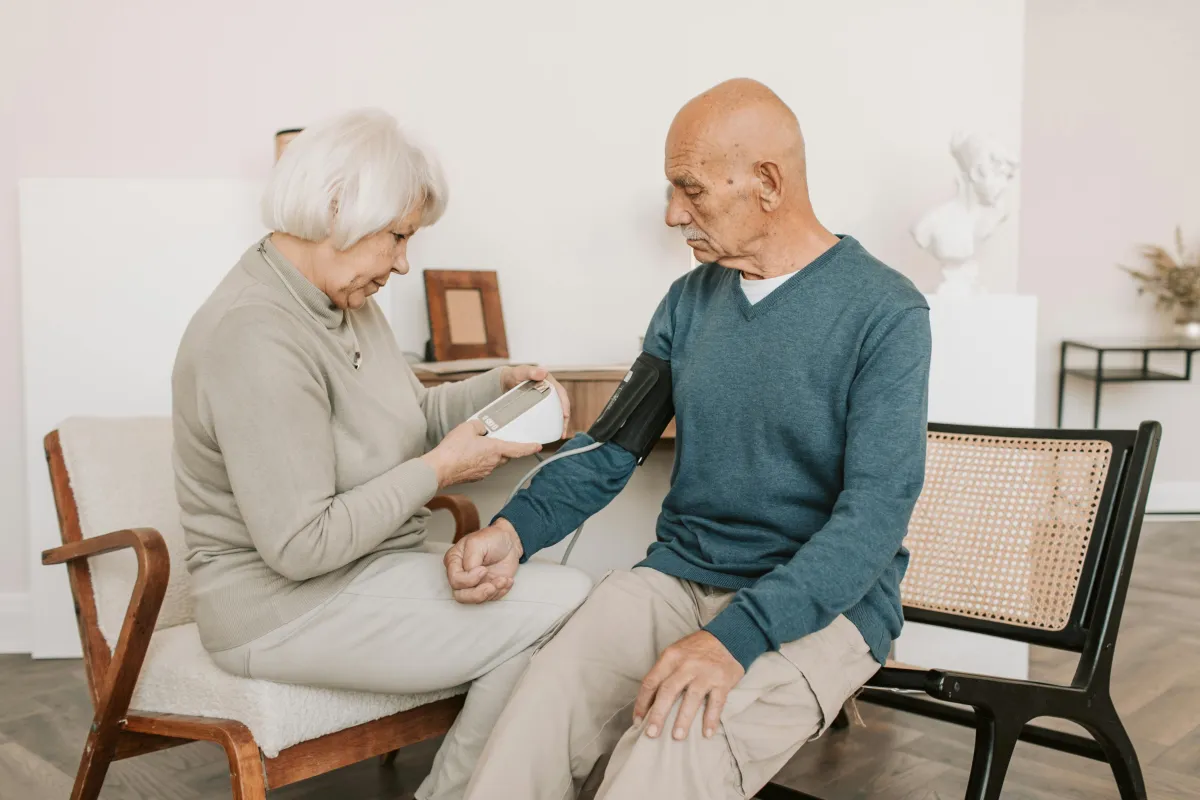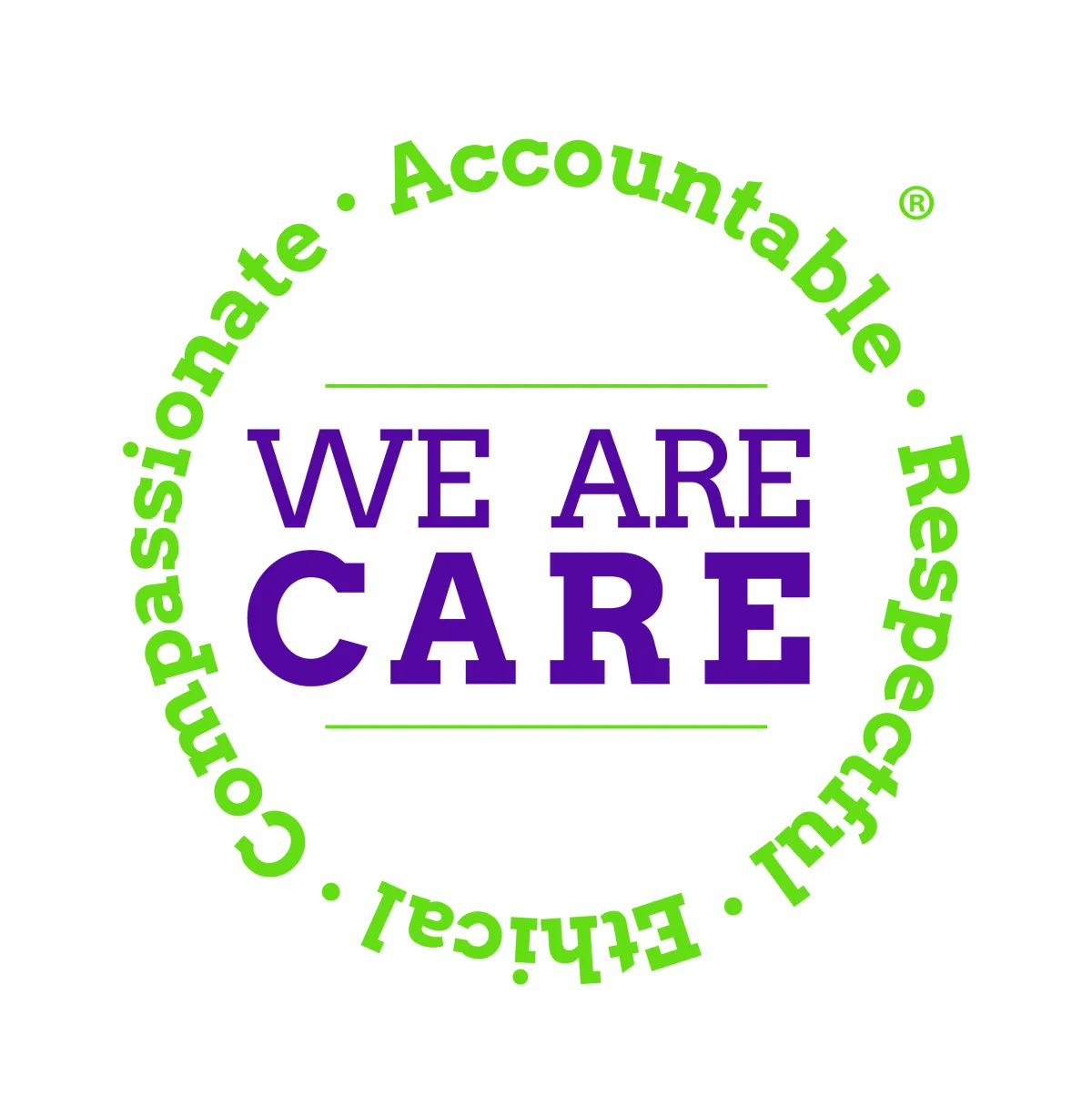
Blog

Comprehensive Recovery Services for Various Needs
Comprehensive Recovery Services: How to Find and Choose the Best Support for Lasting Healing
The journey to recovery from substance abuse, mental health challenges, or behavioral disorders can be long and arduous. Individuals seeking healing often face obstacles in finding the right treatment and ensuring proper post-treatment support. Recovery services offer the structured, professional assistance needed to navigate these challenges and regain a balanced life. They include treatment models such as inpatient detoxification, outpatient counseling, medication-assisted treatment, and specialized family and group therapies. This guide explains how to evaluate and choose recovery programs, outlines different recovery models, and highlights the importance of evidence-based practices and family involvement for lasting outcomes.
Transitioning into recovery support details, the following sections cover various aspects—from service types to quality evaluation—in depth.
What Are Recovery Services and How Do They Support Healing?
Recovery services are interventions, support systems, and treatment programs designed to help individuals overcome substance abuse, behavioral disorders, or mental health issues while addressing associated physical, emotional, and psychological effects. They combine counseling, medication, and community support to facilitate healing, reduce relapse rates, and promote a healthier lifestyle. These services focus on both symptomatic relief and addressing root causes, ensuring long-term support.
What Types of Recovery Services Are Available?
Recovery services are tailored to different needs, including:
• Inpatient rehabilitation, where patients reside at a treatment facility with 24/7 supervision and structured routines. • Outpatient programs that allow patients to attend scheduled therapy sessions while living at home. • Detoxification programs that manage withdrawal symptoms safely under medical supervision. • Medication-assisted treatments (MAT) using medications such as buprenorphine or naltrexone to reduce cravings. • Holistic approaches integrating nutrition, exercise, and mindfulness practices. • Specialized recovery housing options offering safe, sober living environments and aftercare support through group therapy and community networks.
Evidence suggests that when treatment plans are tailored to individual needs, patients experience up to a 30% reduction in relapse rates.
How Do Recovery Programs Address Physical and Emotional Needs?
Recovery programs use comprehensive treatment plans to address both physical and emotional needs. Medical detox and MAT help control withdrawal symptoms and stabilize brain chemistry, while nutritional counseling and exercise programs rebuild physical strength. Emotionally, individual and group therapies—using methods like cognitive-behavioral therapy (CBT) and dialectical behavior therapy (DBT)—help address trauma and stress. Many centers also offer mindfulness training and complementary practices, such as art therapy or yoga, to improve overall emotional regulation.
Why Is Evidence-Based Treatment Important in Recovery Services?
Evidence-based treatment ensures that interventions have been scientifically validated for safety and efficacy. For example, MAT using buprenorphine has been shown to lower opioid relapse rates, and CBT has a proven record of reducing symptoms of depression and anxiety. Using established research-backed methods gives patients and families confidence in the recovery process while standardizing care protocols that continuously incorporate medical and psychological advancements.
How Can Family Recovery Services Enhance the Healing Process?
Family recovery services integrate family dynamics into treatment, acknowledging their influence on an individual’s recovery journey. These services create a shared understanding of challenges and build a network of support. Research indicates that including family therapy can boost treatment retention by up to 25% and help create a home environment conducive to lasting recovery.
What Role Does Family Therapy Play in Recovery?
Family therapy addresses relational issues that may hinder recovery. It offers family members a space to express concerns, learn healthier communication, and rebuild trust. By understanding addiction as a disease and learning supportive techniques, families can help reduce relapse risk and form a coordinated support system that benefits both the patient and their loved ones.
How Are Families Involved in Personalized Treatment Plans?
Families participate in treatment through initial assessments, progress monitoring, and joint counseling sessions. Their involvement—from celebrating milestones to adjusting treatment plans—ensures that therapies remain aligned with both the patient’s and family’s needs. Regular workshops on conflict management and communication further empower families to contribute to a stable recovery environment.
What Support Options Exist for Families During Recovery?
Support options for families include specialized support groups (such as Al-Anon or Nar-Anon), counseling sessions, educational seminars, and crisis intervention strategies. Some programs even organize family days or retreats to strengthen bonds and offer practical tools to handle the emotional toll of a loved one’s recovery journey.
Where Can You Find Alcohol Recovery Services Near Me?
Finding reliable alcohol recovery services involves researching local treatment centers that offer comprehensive, evidence-based care. In urban areas, there is often a wide range of options—from luxury rehab centers to community-based outpatient facilities. Using trusted resources such as health department websites, referral networks, and patient reviews can guide your search. Many centers also provide detailed information about detox, inpatient and outpatient treatment, and family support practices on their websites. Look for centers that employ dual-diagnosis specialists to manage both alcohol dependency and concurrent mental health issues.
What Should You Look for in Local Alcohol Recovery Programs?
When evaluating local programs, consider:
• Accreditation by recognized bodies to confirm adherence to quality standards. • Success rates and continuity of care from detox to aftercare. • Personalized treatment plans and a range of therapeutic modalities such as group and individual counseling, CBT, DBT, or family therapy.
How Do Detoxification and Inpatient Treatment Work in Alcohol Recovery?
Detoxification is the first step, focusing on safe withdrawal management under medical supervision. Inpatient treatment follows with intensive, structured care in a facility designed to support complete immersion in recovery. Evidence shows that inpatient programs can lead to higher treatment completion rates due to their immersive environments and continuous support.
What Are the Benefits of Outpatient Alcohol Recovery Services?
Outpatient services provide flexibility for individuals who need to maintain work or family responsibilities. These programs include scheduled therapy sessions, group meetings, and regular consultations with recovery specialists. Though less intensive than inpatient care, outpatient treatment can effectively reduce relapse rates—studies show about a 25% reduction when paired with ongoing support.
What Are the Key Components of a Successful Recovery Program?
Successful recovery programs combine medical, therapeutic, and community support components. They begin with a comprehensive assessment of a patient’s physical, emotional, and mental health to develop a customized treatment plan. Key components include:
• Detoxification to manage withdrawal. • Medication-assisted treatment (MAT) to reduce cravings. • Individual and group counseling for mental health support. • Family therapy to reinforce a supportive home environment. • Aftercare planning to ensure continued care after treatment.
Evidence-based methods, including CBT and DBT, are critical. Multidisciplinary teams work together to monitor progress and adjust treatment, reducing relapse rates by up to 35% when care is coordinated effectively.
How Does Medication-Assisted Treatment (MAT) Support Recovery?
MAT, used alongside behavioral therapies, employs medications such as buprenorphine, naltrexone, and methadone to alleviate withdrawal symptoms and reduce cravings. This pharmacological support is a cornerstone for patients battling opioid dependence and other substance use disorders.
Why Is Aftercare Planning Critical for Long-Term Success?
Aftercare planning provides ongoing support through therapy sessions, support groups, and regular check-ins, which help reinforce recovery skills and manage early signs of relapse. This continuity of care is essential for sustaining long-term sobriety and wellbeing.
How Do Individual and Group Therapy Complement Each Other?
Individual therapy allows deep exploration of personal issues and tailored coping strategies, while group therapy leverages peer support and shared experiences to foster accountability. Together, they address the complex nature of addiction more effectively than either approach alone.
How Do Personalized Treatment Plans Improve Recovery Outcomes?
Personalized treatment plans are designed with the understanding that no two patients are alike. They are developed through comprehensive assessments that consider individual histories, medical conditions, and psychosocial factors to create tailored approaches. For instance, a patient with opioid dependence and co-occurring depression might benefit from a combination of buprenorphine and CBT along with group therapy. Customization leads to higher engagement and better outcomes, with research suggesting up to a 40% increase in long-term sobriety when treatment is personalized.
What Factors Are Considered When Tailoring Recovery Services?
Key factors include the type and severity of substance use disorder, co-occurring mental health issues, past treatment history, available family support, and overall physical health. Socioeconomic and lifestyle factors are also considered to ensure the treatment plan is realistic and sustainable.
How Does a Continuum of Care Support Lasting Recovery?
A continuum of care ensures that support extends beyond the initial treatment phase. This involves periodic assessments, continuous therapy, and community support, allowing adjustments as recovery needs evolve. Such ongoing support significantly improves long-term recovery outcomes.
What Are the Benefits of Integrating Mental Health Support?
Integrating mental health services, such as stress management, mindfulness practices, and psychiatric support, addresses underlying psychological issues alongside addiction. This holistic approach reduces relapse rates and enhances overall quality of life.
What Are Common Challenges in Recovery and How Are They Addressed?
Recovery is not linear, and challenges such as relapse, emotional distress, and social isolation are common. Relapse often stems from unresolved issues, inadequate support, or environmental triggers. To counter these challenges, recovery programs employ robust aftercare planning, continuous counseling, and crisis intervention strategies.
Emotional burdens like guilt, shame, and anxiety can also disrupt recovery. Tailored counseling and group therapy help individuals develop effective coping strategies. In addition, supportive community networks and family therapy sessions work to overcome social isolation and unsupportive environments.
How Do Recovery Services Help Manage Relapse Risks?
Recovery services manage relapse risks by providing structured aftercare, continuous counseling, and personalized coping strategies. Patients learn to identify early warning signs and access immediate support, reducing the chances of a full relapse.
What Emotional and Social Barriers Can Affect Recovery?
Barriers such as hopelessness, depression, anxiety, stigma, and isolation can diminish motivation and self-esteem. Professional counseling, group sessions, and family interventions are critical to overcoming these obstacles.
How Is Support Provided for Maintaining Motivation and Wellness?
Continuous follow-up sessions, support groups, wellness checklists, and goal-setting frameworks empower patients to stay motivated. These measures help maintain positive behavioral changes and reinforce recovery skills over time.
How Can You Evaluate the Quality of Recovery Services?
Evaluating recovery services is crucial to ensure access to reputable, evidence-based care. Key aspects to review include:
• Accreditation by organizations such as The Joint Commission or CARF, which confirms high-quality standards. • A strong track record of patient success, supported by outcome statistics and recovery rates. • Comprehensive service offerings that provide a continuum of care, from detoxification and inpatient/outpatient treatment to ongoing aftercare and integrated mental health support.
Patient testimonials, case studies, and third-party reviews also offer useful insights into the effectiveness of the services provided. Prospective patients are encouraged to ask providers about their treatment approaches, staff qualifications, and follow-up procedures.
What Credentials and Certifications Should Recovery Centers Have?
Recovery centers should have accreditations from recognized bodies like The Joint Commission, CARF, or NAATP. Staff should include licensed or certified addiction counselors and professionals with advanced degrees in psychology or social work.
How Do Patient Reviews and Success Stories Inform Your Choice?
Patient reviews and success stories provide real-world evidence of a center’s effectiveness, highlighting improved sobriety, enhanced quality of life, and overall recovery outcomes.
What Questions Should You Ask When Contacting Recovery Providers?
Ask about patient retention rates, how treatment plans are personalized, and what aftercare support measures are provided after discharge. Such questions help determine a provider’s suitability for your specific needs.
Frequently Asked Questions
Q: What distinguishes recovery services from traditional treatment programs? A: Recovery services go beyond traditional detox and inpatient treatment by offering personalized care, family support, and aftercare planning to address both physiological and psychological aspects, leading to better long-term outcomes.
Q: How important is family involvement in the recovery process? A: Family involvement is essential as it creates a supportive home environment, improves therapy outcomes, and builds a network of accountability that lowers relapse risks and provides emotional stability.
Q: What should I look for when evaluating a recovery center’s quality? A: Look for accreditation, qualified staff, comprehensive service offerings, positive patient testimonials, and clear post-treatment support. Asking detailed questions during consultations is also important.
Q: Are outpatient recovery services as effective as inpatient programs? A: Outpatient services can be highly effective, especially for milder cases or as a step-down after inpatient care. They offer flexibility and continuous support, although supervision is less intensive.
Q: How do personalized treatment plans contribute to lasting recovery? A: They tailor therapy, medication, and support strategies to individual needs, leading to better treatment adherence and long-term recovery outcomes.
Q: What role does medication-assisted treatment play in supporting recovery? A: It stabilizes brain chemistry and manages withdrawal symptoms while reducing cravings, making it an essential component when combined with counseling.
Q: How vital is aftercare in the recovery process? A: Aftercare ensures a continuous support system post-treatment, reinforcing recovery skills, managing triggers, and reducing the risk of relapse through ongoing engagement.
Final Thoughts
Recovery services provide a multidimensional approach to healing by combining medical, psychological, and community-based support. Evaluating quality through accreditation, personalized treatment plans, and continuous aftercare greatly enhances recovery outcomes. Involving family recovery services further strengthens the support network. Ultimately, choosing the right program is crucial for lasting healing; individuals should ask informed questions, seek comprehensive care, and remain proactive in their recovery journey.
We are C.A.R.E.
✅ Compassionate
✅ Accountable
✅ Respectful
✅ Ethical
A Mother & Son Duo. We are family! We are more than Senior Care providers. We bring Heart and Experience into Senior Care.
Our President is a Social Worker and Mental Health Therapist. He believes every Senior deserves to Age with Dignity and Independence. Our Chief Operations Officer is a retired Teacher and lifelong Educator. She ensures every client receives High-Quality Care while aging in place.
Together, they Walk by Faith, Live with Hope and Love, and Share a deep and abiding commitment to the Elderly. They work diligently to support Families who CARE for loved ones At Home.

Our Mission
Metro Atlanta's and North Georgia’s Trusted Source for In-Home Care.
We Support the Whole Person: Mind, Body, and Spirit.
Guided by Dignity, Warmth, and Heart.
We show up, Serve with Purpose, and Care for Your Family.
This is our Commitment. This is our Promise. No One Ages Alone.
Our Promise
Metro Atlanta's and North Georgia’s Trusted Source for In-Home Care. We Support the Whole Person: Mind, Body, and Spirit. Guided by Dignity, Warmth, and Heart, we Show up, Serve with Purpose, and Care for Your Family.
This is our Commitment. This is our Promise. No One Ages Alone.
Why Families and Professionals Trust
A Place At Home Alpharetta
A Place At Home Alpharetta is more than a Company. We are an Agency that Families, Physicians, and Professionals Trust.
Built on a Divine foundation of Compassion, Patience, and a Genuine Love for Seniors, we Walk beside those facing some of life’s most delicate moments. Through illness, transitions, and uncertainty, we provide Steady, Reliable Care offering Comfort, Kindness, and Reassurance when it matters most.
Families, Physicians, and Professionals place their trust in A Place At Home Alpharetta because our care is grounded in
Compassion, Accountability, Respect, and Ethics (C.A.R.E.).
We deliver more than care, we honor each person’s dignity, support their well-being, and bring peace of mind to Families who Entrust their loved ones to us.

Get In Touch 24/7
Address: 1104 Macy Dr. Roswell, GA. 30076
Copyright © 2025 All Right Reserved A Better Caregiver At Home LLC

